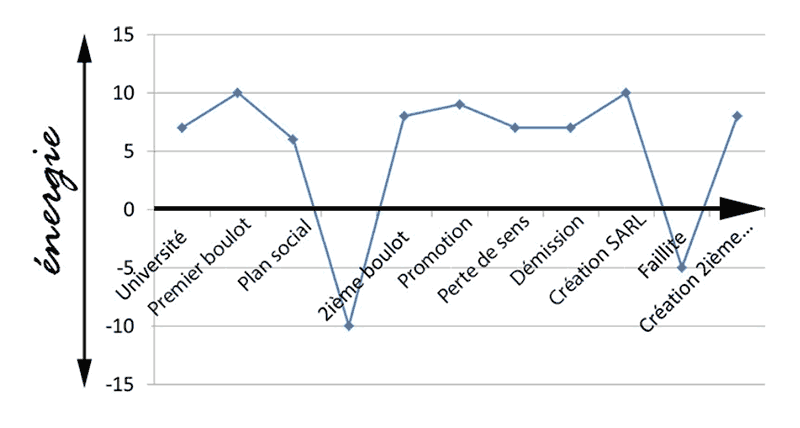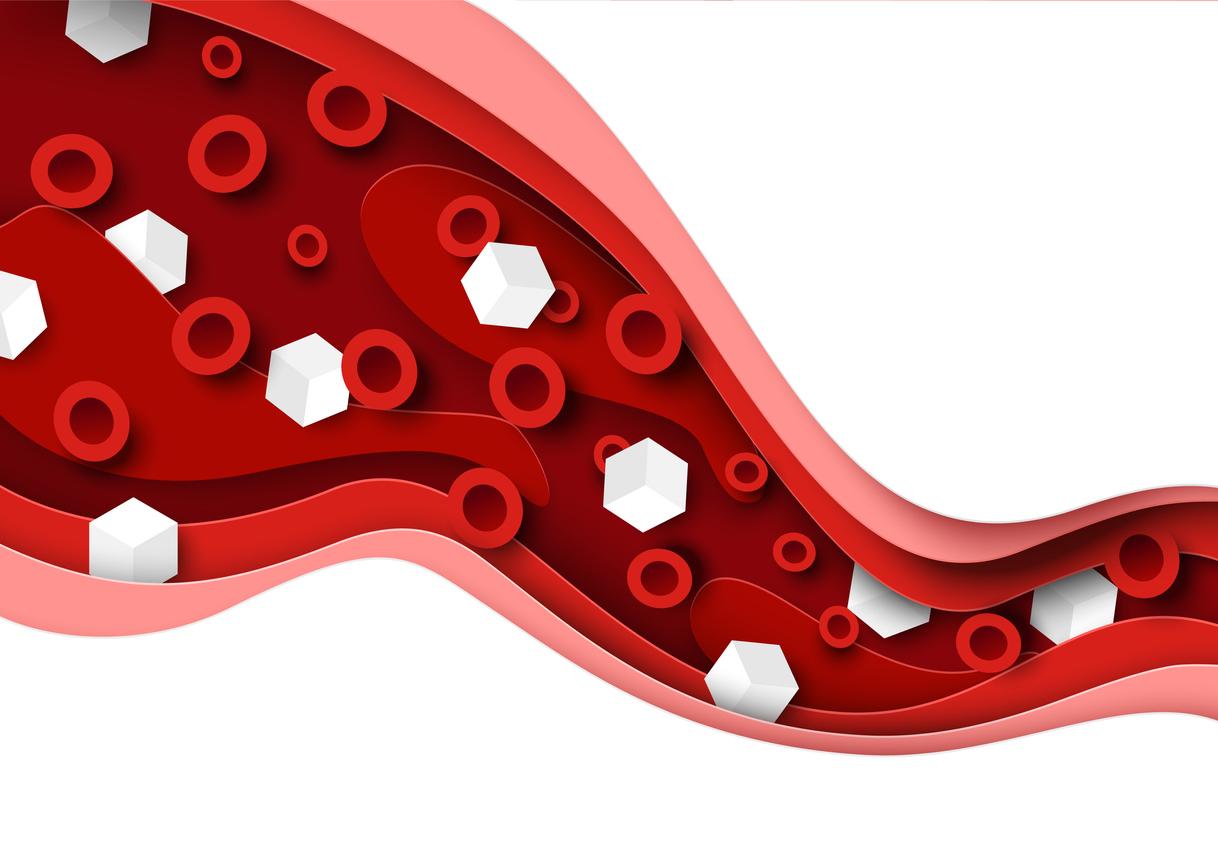
Next June 14 will be World Volunteer, Anonymous and Volunteer Blood Donor Day. On this occasion, the French Blood Establishment is organizing exceptional blood drives throughout France. PasseportSanté asks Michèle Villemur, doctor in charge of a collection site in Paris, about the practical advice for donors.
Michèle Villemur, can everyone donate blood?
No, there are a number of conditions. For example, you must be between 18 and 70 years old. It is imperative, one cannot give to 17 years even with parental authorization. Then there are weight conditions: you must weigh at least 50 kilos. Otherwise, it will not be possible to collect the blood mass necessary to meet the recipient’s request, without endangering the donor. There are also risky behaviors, but all this is the subject of a questionnaire by a doctor who will validate the donation during a preliminary interview. For example, he will ask you if you went to the dentist, since with scaling, you cannot donate blood for a week!
Exactly, are there any recommendations to make before donating blood?
It is obviously necessary to avoid consuming illicit substances before the donation. If you take drugs intravenously, you cannot donate blood. Some medications, such as antibiotics, are a sign of an infectious problem and it will therefore be necessary to wait at least a week after treatment to be able to donate. Others have been identified as causing birth defects and could be harmful to the fetus of pregnant recipients. There is a whole list!
Finally, when we introduce ourselves, we must especially not be on an empty stomach! You have to eat normally, have slept well and hydrated well the previous days. Moreover, the first question we will ask during the interview is if we feel in good health. Its very important.
And after the donation?
After the donation, it is imperative to go to rest between ten and twenty minutes, to eat and especially to hydrate after the donation. Everything is available to donors in the blood drives. Then, do not do intense exercises or put yourself in dangerous situations for 24 hours. In other words, no swimming pool, no scuba diving, no physical professional activity such as driving a bus for example. In addition, within two hours of feeling unwell, you should avoid smoking because tobacco promotes vasodilation and therefore increases the risk of discomfort.
People who hesitate to take the step are often afraid of possible risks to their health …
In fact, before taking the sample, the doctor will check that the hemoglobin level in the blood is good enough. Before you can give it to others, you have to be sure that you have enough for yourself! The minimum is 12 grams for a woman and 13 grams for a man. If these conditions are met, the doctor will take between 400 and 500 ml depending on the donor’s weight.
If the recommendations mentioned earlier are followed, there is no risk for the donor: the blood volume will be restored in a few hours and the level of red blood cells, produced by the bone marrow, returns to its initial level in the seven days.
So we can donate blood several times a year?
Yes of course ! A man can give six times a year and a woman four times a year, because the iron stores in the woman are protected. The legal interval for donating blood in a man is therefore 8 weeks. In a woman, it is once a quarter. Moreover, only 4% of the population donate and they do not come back twice a year on average. It’s already great to give, but repeating the gesture is even better!
World Blood Donor Day is therefore a way to make donors aware of this necessary habit …
This June 14 is above all a way of thanking blood donors. Each year, 3 million donations come from the generosity of approximately 1,700,000 donors! But, in fact, it is also a way of raising awareness among new donors. Moreover, the date was not chosen by chance. It allows both to pay tribute to the microscopist Leeuwenhoek who studied red blood cells, and to build up provisions for the summer. At certain times of the year, donations are scarce and the blood of donors can only be stored for 42 days …
See you soon on the site of the French Blood Establishment to find the closest collection point to you!














